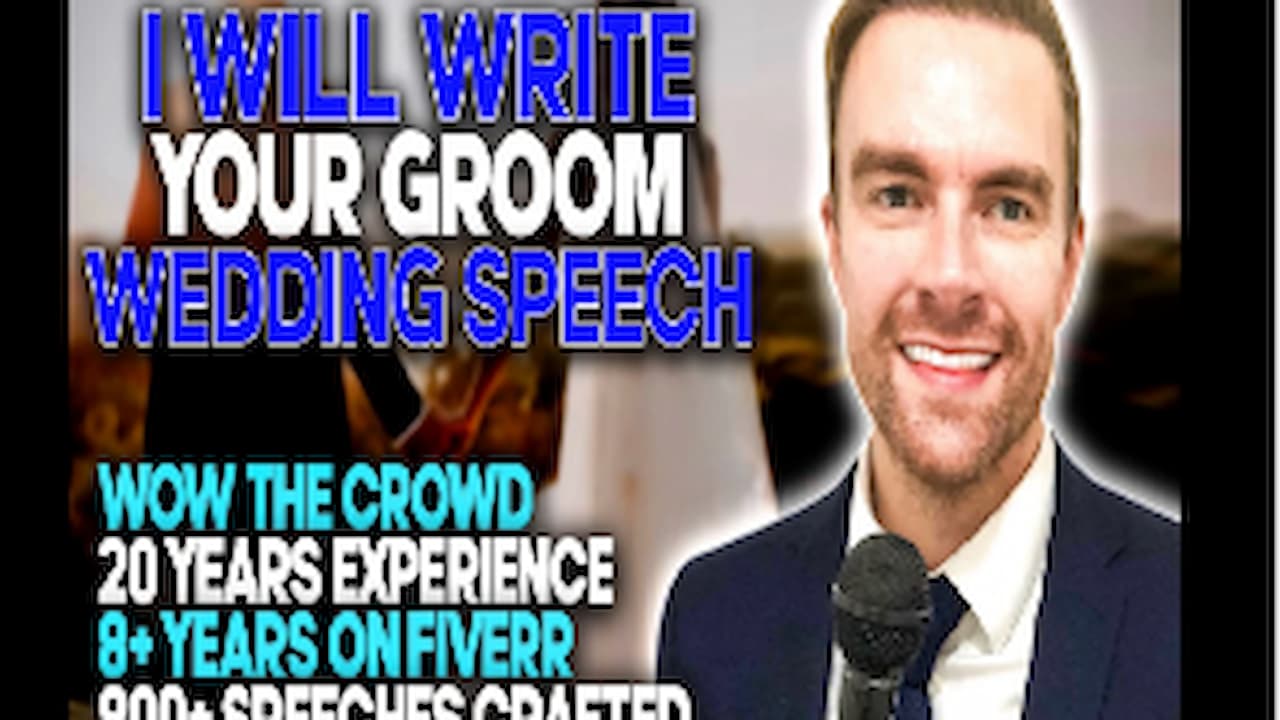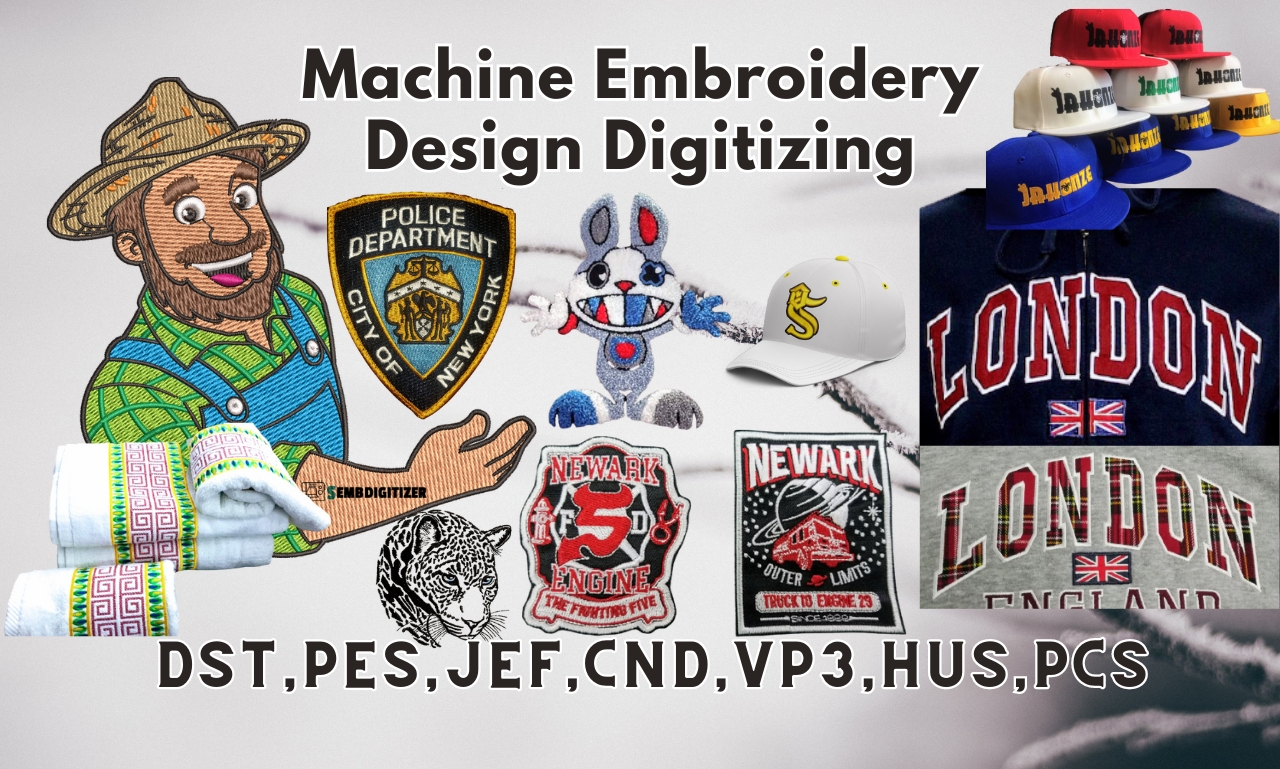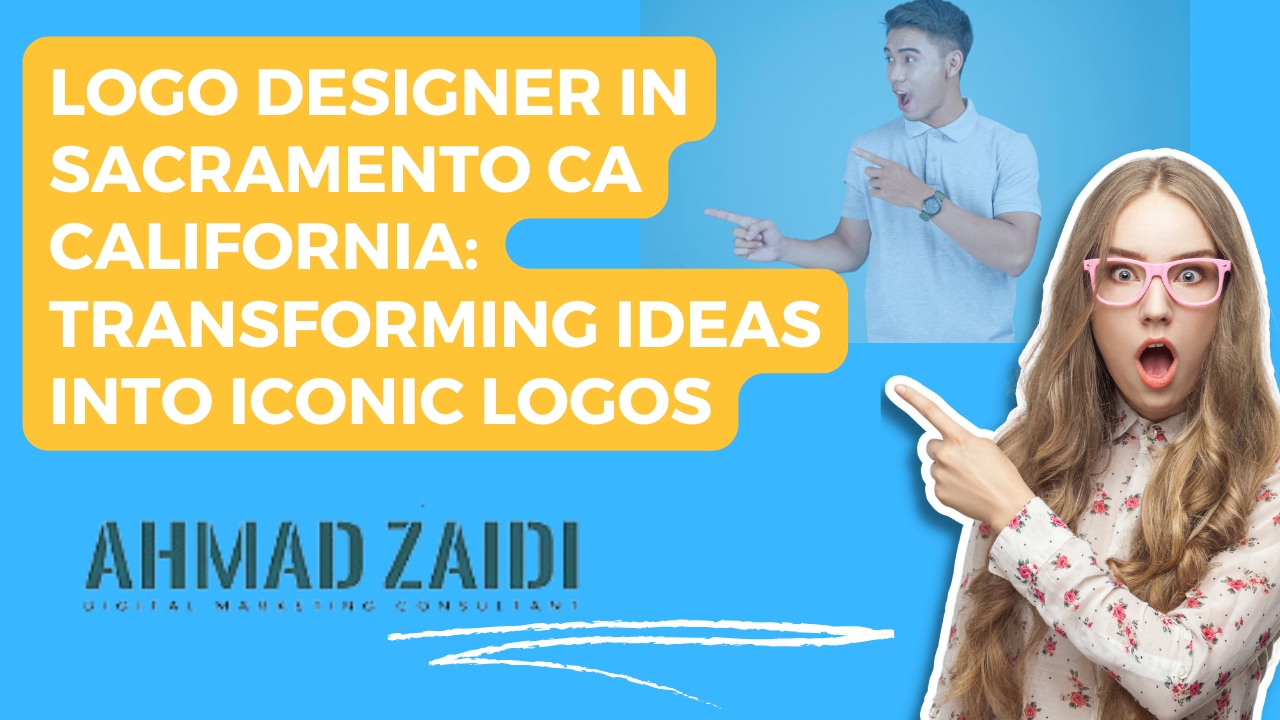Event speeches serve as the cornerstone of gatherings, a powerful means to engage, inform, inspire, and connect with audiences. These carefully crafted orations possess the ability to captivate and resonate with listeners, leaving a lasting impact long after the event has concluded. Whether it’s a formal conference, a celebratory occasion, a corporate gathering, or a social assembly, event speeches set the tone, convey messages, and unite people under a common theme. They are an art form that melds rhetoric, emotion, and purpose, offering speakers an opportunity to communicate their ideas and visions with eloquence and persuasion. As we delve into the world of event speeches, we uncover the nuances of effective communication that fuel memorable occasions and foster meaningful connections.
1- Write your epic groom wedding speech, tribute vows or toast by Richard Ford
Greetings, I go by the name Richard Ford, representing Life is a Speech. It’s my privilege to guide and assist you in refining your speeches, presentations, and talks.
Drawing upon my professional background as a speechwriter and coach, coupled with my educational foundation in drama and communication studies, I bring a unique blend of expertise to the table. My journey encompasses journalism, corporate management, and broadcasting, allowing me to fully appreciate the significance of constructing a captivating narrative and sculpting a speech that will etch a lasting mark in the minds of your audience.
Over the span of 9 years, I’ve honed my craft on platforms like Fiverr, crafting a remarkable portfolio of more than 1200 speeches. This extensive experience equips me with the tools and insights needed to ensure that your speech stands out as an unforgettable piece of oratory artistry.
2 – write a custom wedding speech by BreeAnn
Weddings symbolize joy and merriment, yet they often carry a fair share of pressure.
If you’re seeking a remarkable speech that encapsulates all the cherished qualities of an individual or a couple, there’s no need for concern. You don’t have to possess the skills of a professional speechwriter to captivate an audience. That’s where my expertise comes into play!
Upon purchasing my service, you’ll be prompted to provide specific details and cherished memories related to the happy couple. Armed with this information, I will create a tailor-made speech that perfectly aligns with your sentiments, ready to be shared with loved ones. Rest assured that your speech will dazzle the crowd, providing a wonderful way to alleviate the stress that often accompanies speech preparation.
Let’s collaborate to compose that speech, enabling you to begin your practice sessions without delay!
Please note that this package is intended for Maids/Matrons of Honor, Best Men, or Family/Friends, and is not designed for wedding vows.
3 – write your best man, maid of honor, and all wedding speeches by Zach Rippey
Words are my passion, and aiding people is my calling! I’m Zach Rippey, a journey has taken me from delivering comedic punches on stage to crafting exceptional speeches and scripts for clients scattered across the globe. When I’m not immersed in the realm of writing, I’m behind the mic, hosting a weekly podcast titled “I Like Birds.” Our show has graced the airwaves for a remarkable span of three years, encompassing over 150 episodes and securing a spot within the Top 2% of all podcasts. Additionally, I’ve ventured into the realm of authorship, achieving the coveted status of a #1 new release on Amazon in my category with my book “21 Days in Africa.”
Embracing the roles of husband and father to three vibrant boys, I draw from my God-given talents to not only provide for my family but also to extend assistance to others. I cherish my vocation and relish in the opportunity to make a positive impact. Let’s join forces and embark on this journey together!
4 – write your wedding speech for a funny, sentimental toast by Cassandra
Feeling the pressure of composing your significant wedding speech? Allow me to alleviate that stress and lend a helping hand!
Picture crafting the flawless words that evoke tears, laughter, happiness, and warmth. Words that captivate the entire room and bring joy to the couple you’re celebrating.
As a seasoned speechwriter, I collaborate individually with fathers, mothers, bridesmaids, groomsmen, and others, tailoring completely bespoke speeches. I’ll assist you in articulating your sentiments, ensuring your important toast becomes an indelible memory.
The process of working with me is effortless.
First, decide on the desired length (typically around 500 words or approximately 5 minutes).
Then, you’ll complete a questionnaire, allowing me to gain insight into the couple and your relationship. I possess the versatility to create toasts in various styles, ranging from solemn to light-hearted, amusing to heartfelt. I respect all orientations and religions without bias.
Subsequently, I’ll embark on the writing process with a singular objective: to craft an exceptional speech that resonates with everyone. No clichés. It’s your toast; I’m merely the facilitator.
Once the initial draft is ready, I’ll share it with you for your input. Following revisions, you’ll receive the finalized wedding speech for the momentous day.
5 – write a genuine and sincere eulogy or memorial tribute by Brooke R
Each project holds its own uniqueness, making it essential to get in touch for a personalized quote prior to placing an order.
The loss of a loved one is an intensely emotional period in your life. Amidst this grief, the desire to deliver an authentic and heartfelt eulogy to honor that special individual can be daunting.
Allow me to shoulder that weight for you.
Whether your intention is to present a deeply moving and emotional eulogy or one that elicits smiles as fellow mourners fondly recall the remarkable person your loved one was, I will fashion a eulogy that mirrors the life and memories of the recently departed.
When you engage my services, you can anticipate:
- Direct and open communication throughout the planning, writing, editing, and proofreading stages.
FAQs
What is the difference between a conversation and another speech event?
A conversation and another speech event, such as a monologue or a lecture, differ in several key aspects. Here’s a breakdown of the differences:
**1. **Participation: Conversations involve the interaction of two or more participants who take turns speaking and listening. In contrast, other speech events often involve a single speaker addressing an audience without much active participation from the audience.
**2. **Interactivity: Conversations are dynamic and interactive exchanges where participants respond to each other’s statements, ask questions, and engage in back-and-forth communication. In other speech events, the interaction might be limited to Q&A sessions or pre-defined moments for audience engagement.
**3. **Turn-taking: In conversations, participants usually alternate speaking turns. There’s a natural flow of dialogue where people respond to what was said before, leading to a continuous exchange. In monologues or lectures, there’s usually just one speaker, and the audience listens without contributing to the content.
**4. **Informality vs. Formality: Conversations tend to be more informal and spontaneous. People often use colloquial language, interruptions, and various social cues to navigate the dialogue. Other speech events, depending on their nature (e.g., lectures, speeches), can be more formal, structured, and scripted.
**5. **Purpose and Structure: Conversations can serve various purposes, including social bonding, information exchange, negotiation, and problem-solving. They may lack a strict structure and can meander through different topics. On the other hand, other speech events typically have a defined purpose (to inform, persuade, entertain, etc.) and a more structured format.
How would you rate Smriti Irani parliament speech?
Smriti Irani is an Indian politician and was a Member of Parliament in India. She has given various speeches in the Parliament on different subjects. The perception of her speeches can vary widely depending on individual perspectives, political affiliations, and the specific content and context of the speech in question.
If you have a specific speech in mind and provide more details about its content, context, and purpose, I could try to analyze its rhetorical aspects or discuss any available information up to my last training data in September 2021. However, I cannot provide a current or real-time assessment of any reSmriti Irani is an Indian politician and was a Member of Parliament in India. She has given various speeches in the Parliament on different subjects. The perception of her speeches can vary widely depending on individual perspectives, political affiliations, and the specific content and context of the speech in question.
If you have a specific speech in mind and provide more details about its content, context, and purpose, I could try to analyze its rhetorical aspects or discuss any available information up to my last training data in September 2021. However, I cannot provide a current or real-time assessment of any recent speeches she may have given.cent speeches she may have given.
What are the characteristics of a conversation? What are the differences between a conversation and other speech events?
Characteristics of a Conversation:
Interactivity: Conversations involve a back-and-forth exchange of messages between two or more participants. Each participant contributes to the dialogue by responding to previous messages and introducing new topics.
Turn-Taking: Participants take turns speaking and listening. This turn-taking is usually governed by social norms and cues, ensuring that everyone has the opportunity to contribute.
Informal Language: Conversations often involve casual and colloquial language. Participants might use slang, abbreviations, and informal expressions that are appropriate for the context.
Topic Shifting: Conversations can shift between various topics based on the participants’ interests and the flow of the discussion. This dynamic topic shifting distinguishes conversations from more structured speech events.
Non-Verbal Cues: Non-verbal cues such as facial expressions, gestures, and tone of voice play a crucial role in conveying meaning and emotion in conversations.
Active Listening: Participants actively listen to each other’s statements, showing engagement through nods, responses, and comments that indicate comprehension and interest.
Immediacy: Conversations typically occur in real-time, allowing for immediate responses and reactions to each other’s messages.
Social Context: Conversations are influenced by the social context, the relationship between participants, and their shared experiences. This context shapes the tone, content, and dynamics of the conversation.
Differences between a Conversation and Other Speech Events:
Participant Number: Conversations involve multiple participants engaging in interactive communication. Other speech events like monologues or lectures usually have one main speaker addressing an audience.
Interactivity: Conversations are highly interactive, with participants responding to each other’s statements. In contrast, other speech events may involve limited audience participation, such as Q&A sessions.
Structure: Conversations can be more spontaneous and less structured, with topics flowing naturally. Other speech events often follow a predefined structure or script to convey specific information or messages.
Purpose: Conversations can have various purposes, including socializing, sharing information, and problem-solving. Other speech events often have a specific purpose such as informing, persuading, or entertaining.
Language: Conversations may include informal language, slang, and personal references. Other speech events often use more formal language appropriate for the context.
Feedback: Conversations provide immediate feedback through the reactions of participants. Other speech events might receive feedback after the presentation, such as questions or comments.
Turn-Taking: In conversations, turn-taking is a fundamental aspect, while in other speech events, there’s usually a single speaker dominating the communication.
Length: Conversations can vary in length, while other speech events often have a predetermined duration.
Audience Role: In conversations, participants are both speakers and listeners. In other speech events, the audience’s role is primarily that of listeners.
Preparation: Conversations are often spontaneous or semi-spontaneous. Other speech events often involve more preparation, scripting, and rehearsing.
These differences highlight the unique characteristics of conversations compared to other types of speech ev
Final thought
In the tapestry of human interaction, event speeches stand as threads of significance, weaving memories and emotions into the fabric of shared experiences. Their potential to inform, inspire, and foster unity is a testament to the power of words and the art of eloquent delivery. A well-crafted event speech has the capacity to transcend its immediate moment, echoing in the minds and hearts of listeners, and spurring them to action or contemplation. As we bid farewell to this exploration of event speeches, let us remember that whether we stand at a lectern or sit among the audience, we all play a part in this exchange of ideas and emotions. So, let us embrace the opportunity to create and appreciate speeches that enrich our lives and leave indelible marks on the chapters of our collective stories.





